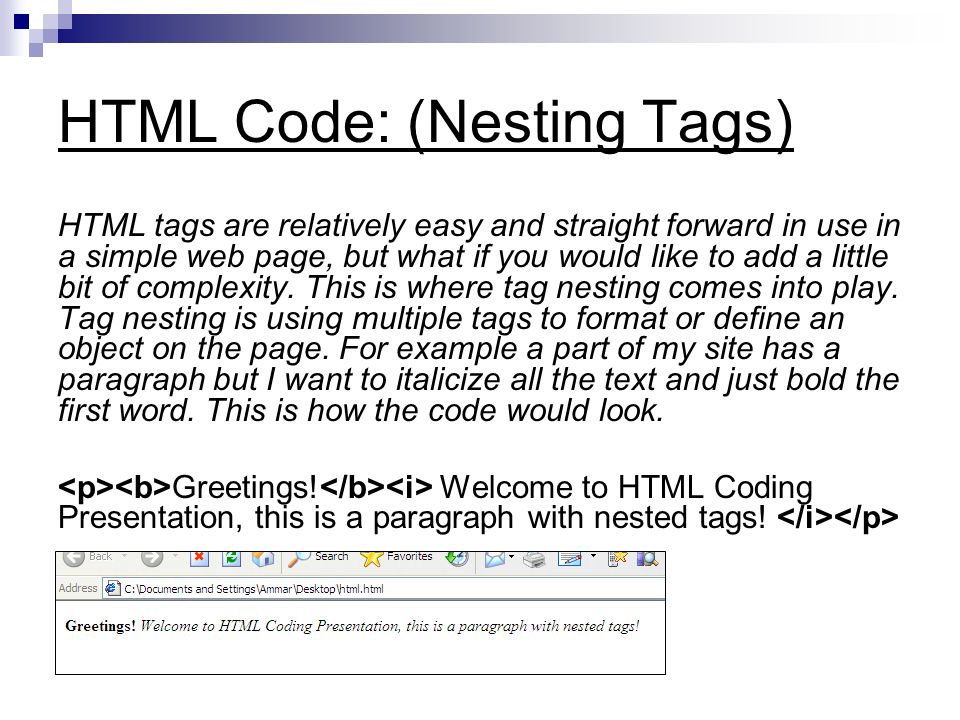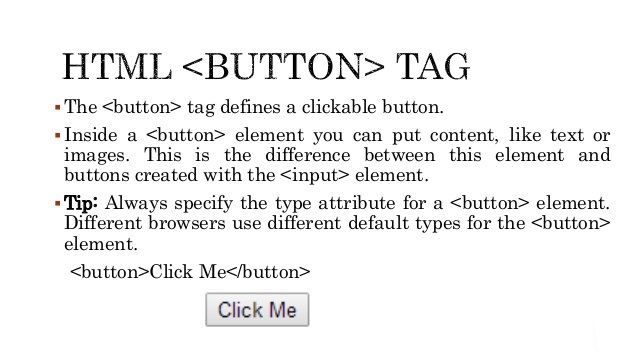What is SVG?
- SVG stands for Scalable Vector Graphics
- SVG is used to define graphics for the Web
- SVG is a W3C recommendation
The HTML <svg> Element
The HTML <svg> element is a container for SVG graphics.
SVG has several methods for drawing paths, boxes, circles, text, and graphic images.
Browser Support
The numbers in the table specify the first browser version that fully supports the <svg> element.
| Element | |
||||
|---|---|---|---|---|---|
| <svg> | 4.0 | 9.0 | 3.0 | 3.2 | 10.1 |
SVG Circle
SVG Rectangle

Example
SVG Rounded Rectangle

Example
SVG Star

Example
SVG Logo

Example
Differences Between SVG and Canvas
SVG is a language for describing 2D graphics in XML.
Canvas draws 2D graphics, on the fly (with a JavaScript).
SVG is XML based, which means that every element is available within the SVG DOM. You can attach JavaScript event handlers for an element.
In SVG, each drawn shape is remembered as an object. If attributes of an SVG object are changed, the browser can automatically re-render the shape.
Canvas is rendered pixel by pixel. In canvas, once the graphic is drawn, it is forgotten by the browser. If its position should be changed, the entire scene needs to be redrawn, including any objects that might have been covered by the graphic.
Comparison of Canvas and SVG
The table below shows some important differences between Canvas and SVG:
| Canvas | SVG |
|---|---|
|
|
SVG Tutorial
To learn more about SVG, read our SVG Tutorial.







Leave A Comment